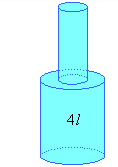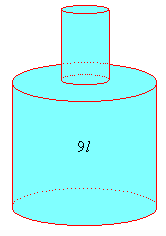The landslide
For many years I have become more concerned that the lower tiers of the Tertiary system are largely useless. I don't mean NZ in particular, nor do I discount the amazing work of educators in the field, but the outcomes, despite Government endorsement and spin, are by and large horrific. Yes, learners get qualifications, but the courses in many cases DO NOT change the trajectory of learners' lives.
Quote:
Policy-makers have confounded the acquisition and award of certificates with substantive skill improvement (Wolf & Jenkins, 2014)
My specialty is on the micro-aspects of education. I.e - what happens in the moment by moment experience of the learner. I can tell you with some certainty - the learning outcomes, in terms of 'skills and knowledge' of learners in NZ is poor. And it has been poor for a long time.
It's not a question of fault - as everybody involved is working hard, it is something else entirely.
Anyway, I can't post the whole article because of copyright issues - but the UK is actually starting to talk about it. Education Journal, issue 227, 2015
16-19 education and training
failing to reduce skills inequality
England's post-16 education and training system is failing dismally to reduce literacy and numeracy
skills inequality, according to new research from the UCL Institute of Education. Previous research
studies have shown that England has very high levels of skills inequality by age 15 in comparison
with other developed countries. But 16-19 education and training, only adds to the problem.
Did you catch the last phrase? "Only adds to the problem".
'The authors found that the high rate of early school leavers in England and some other English speaking
countries led to too many young people taking short, low quality vocational courses that give too little dedicated time to improving their English and
mathematics skills.'
Hmmm, that puts the cat among the pigeons. Would love anyone's thoughts out there. Agree/disagree?

